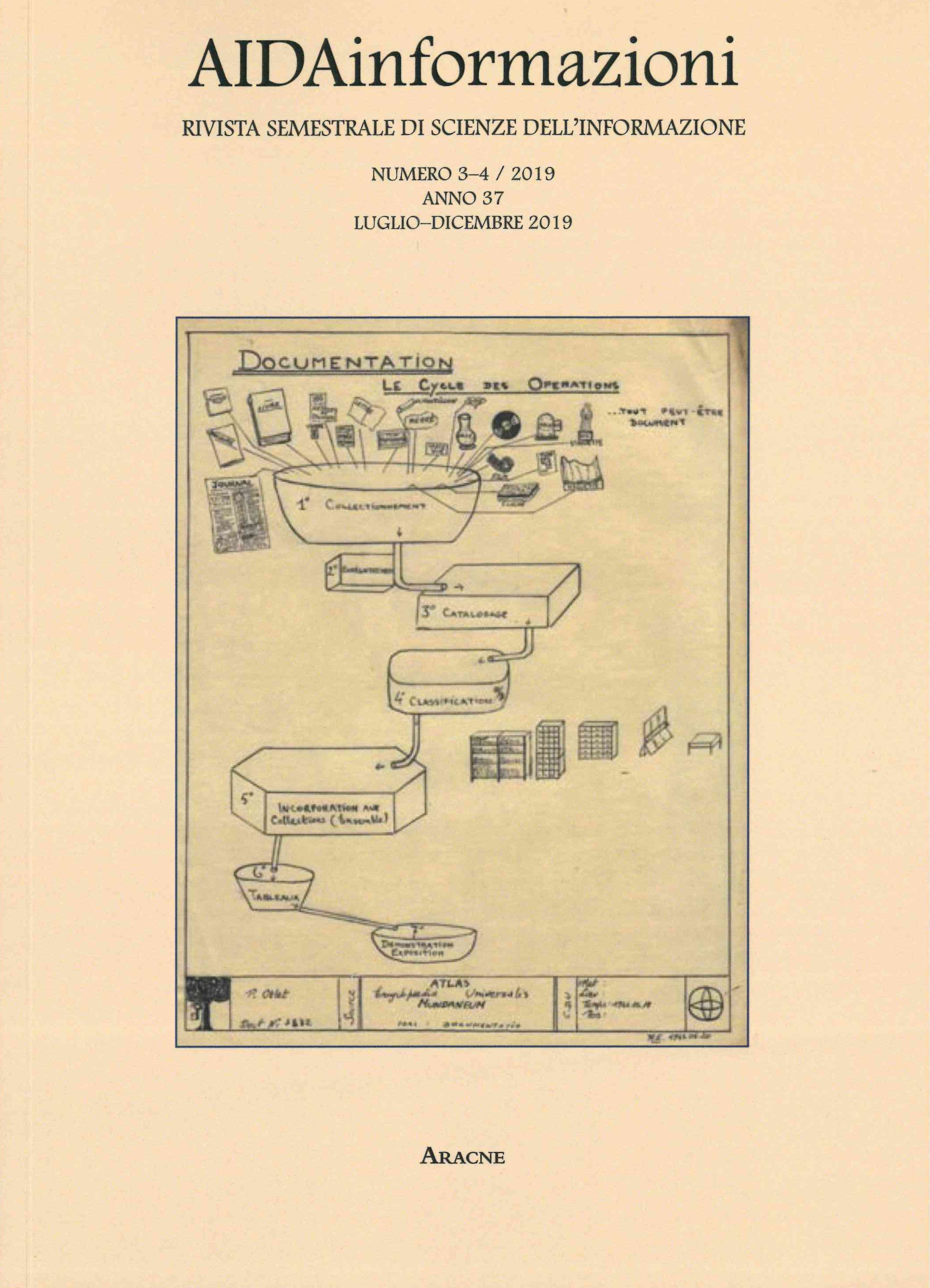Pratiques informationnelles des personnes défavorisées
Parole chiave:
Information Poverty, Information Inequality, Information Behavior, Information SocietyAbstract
The “Information Poverty” theory developed by Elfreda Chatman during the Nineties to 2000 is a classic reference in Information Science. To the question what is the foremost point explaining a different relation with information? The American researcher advanced: the “Information Poverty” corresponds with a condition different of the dominant model, not especially linked to economic poverty, but rather due to the membership of a social group living in a closed context defined by the culture which cannot share the information practices of the majority. In this group, the context and its norms determine a particular “Information Behavior”, explaining the “Information Poverty”. Our research aims to analyze “Information Behavior” of economic poors considered as information poor in order to show that the discourse suggests a collective and segregated vision, starting from an established categorization of information poor according to an imaginary cultural community blinded to the diversity.



